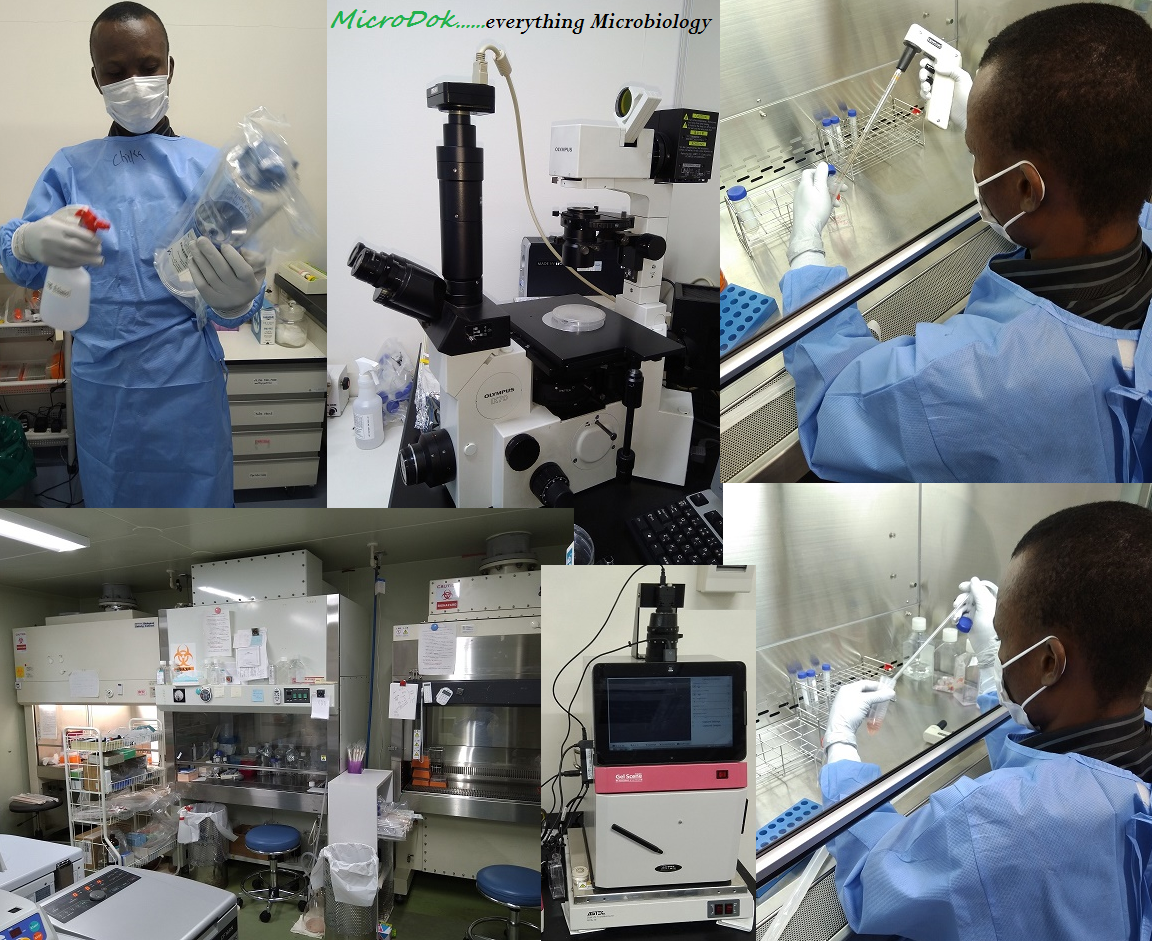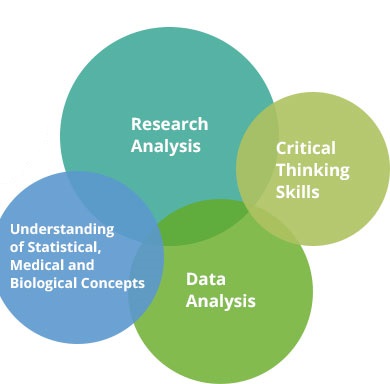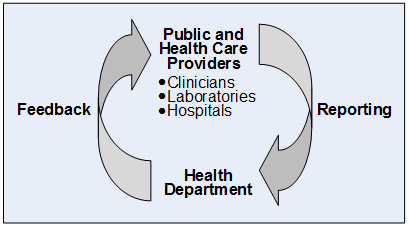Chemical agents and biological agents are very exceptional from other conventional warfare tools including nuclear/atomic […]
Tag: epidemiology
TERMINOLOGIES USED IN EPIDEMIOLOGICAL STUDIES
Such drift or subtle changes in the antigenic surfaces of pathogens are a setback for […]
THE PLACE OF STATISTICS IN THE STUDY OF EPIDEMIOLOGY
Statistics is a branch of mathematics that is concerned with the proper method of collecting, […]
Core Epidemiologic Functions
In the mid-1980s, five major tasks of epidemiology in public health practice were identified. These […]
DESCRIPTIVE EPIDEMIOLOGICAL STUDY
Descriptive epidemiological studies look at the frequency and distribution of a disease/infection within a population. […]
OBSERVATIONAL EPIDEMIOLOGICAL STUDY
Observational epidemiological studies are non-experimental epidemiological investigations that involves no intervention by the researcher (in […]
EPIDEMIOLOGICAL STUDIES
An epidemiological study usually involves two important steps that must be put into consideration prior […]
BRIEF HISTORY OF EPIDEMIOLOGY
The search for the ravaging scourge of some infectious diseases including cholera, typhoid fever, small […]
Introduction to Epidemiology
The word epidemiology was coined from three different Greek words: epi (upon or on), demos […]










